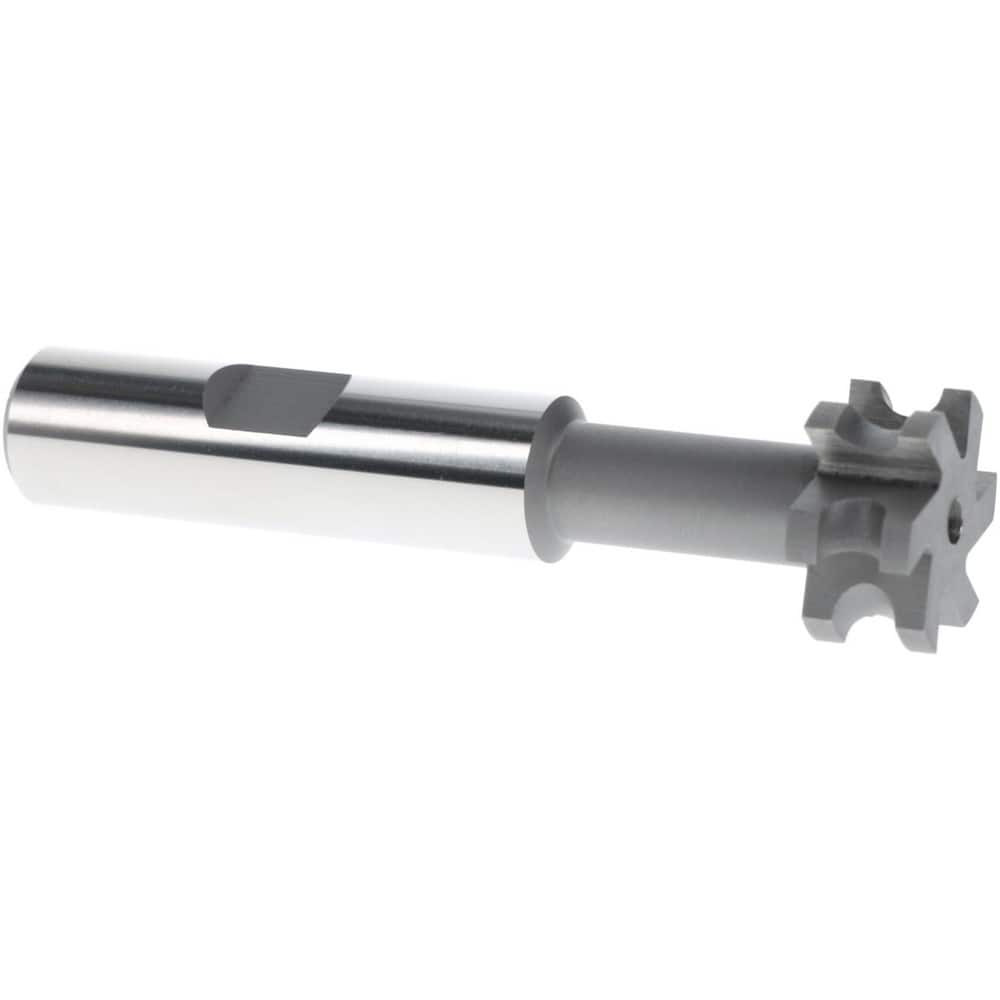end mill arbor Manufacturers
Finding the right end mill arbor is crucial for precision machining. This guide explores key factors to consider when selecting an end mill arbor manufacturer, different types of arbors available, and essential tips for optimal performance and longevity. Learn about material considerations, precision standards, and where to find reliable suppliers for your specific machining needs.
Understanding End Mill Arbors
An end mill arbor is a crucial component in machining, acting as the interface between the milling machine spindle and the cutting tool (end mill). It provides a secure and accurate hold, ensuring precise material removal and a high-quality finish. Choosing the right end mill arbor is essential for optimal machining performance and preventing tool slippage or damage.
Key Components of an End Mill Arbor
A typical end mill arbor consists of the following:
- Shank: This part connects directly to the machine spindle. Common shank types include NMTB, CAT, BT, and HSK.
- Body: The main body of the arbor provides structural support and rigidity.
- Collet or Holder: This secures the end mill in place. Collet chucks (ER, DA) and shrink-fit holders are common types.
- Locking Mechanism: This ensures the end mill is tightly held during operation.
Factors to Consider When Choosing End Mill Arbor Manufacturers
Selecting the right end mill arbor manufacturer is paramount for achieving desired machining outcomes. Here are crucial factors to consider:
Material Quality
The material used in manufacturing the end mill arbor significantly affects its performance and lifespan. High-quality steel alloys, often heat-treated, are essential for rigidity, wear resistance, and dimensional stability. Premium end mill arbors can withstand high cutting forces and temperatures without deformation. Wayleading Tools, for example, uses high-grade alloy steel in their end mill arbors to ensure durability and precision.
Precision and Accuracy
Precision is non-negotiable. Look for end mill arbor manufacturers that adhere to stringent quality control measures and offer arbors with tight tolerances. Runout (the measure of how much the end mill deviates from its intended axis of rotation) is a critical specification. Low runout minimizes vibration, extends tool life, and improves surface finish. Consider end mill arbors with a runout of 0.0002' (0.005mm) or less for high-precision applications.
Arbor Type and Compatibility
Different machining applications require different types of end mill arbors. Consider the following:
- Collet Chucks: Versatile and widely used, offering good clamping force and tool change speed. ER collet chucks are particularly popular.
- Shrink-Fit Holders: Provide exceptional clamping force and rigidity. Require a heating device to install and remove end mills.
- Hydraulic Chucks: Offer excellent vibration damping and high clamping force, suitable for demanding applications.
- Side Lock Holders (Weldon Shank): Securely hold end mills with a flat on the shank, preventing slippage.
Ensure the end mill arbor is compatible with your machine spindle (NMTB, CAT, BT, HSK) and the shank size of your end mills.
Manufacturer Reputation and Experience
Choose end mill arbor manufacturers with a proven track record of producing high-quality products. Look for companies with extensive experience in the tooling industry, positive customer reviews, and certifications like ISO 9001. Wayleading Tools has been providing high-quality cutting tools for over 10 years.
Customer Support and Availability
Reliable customer support is crucial. The end mill arbor manufacturer should offer technical assistance, application advice, and prompt responses to inquiries. Easy availability of replacement parts and accessories is also important.
Types of End Mill Arbors
The market offers diverse types of end mill arbors, each designed for specific purposes. Here's a breakdown:
Collet Chucks (ER, DA)
Features: Versatile, cost-effective, wide range of collet sizes, relatively quick tool changes.
Pros: Widely available, easy to use, good clamping force for general machining.
Cons: Less rigid than shrink-fit or hydraulic chucks, may exhibit higher runout.
Applications: General milling, drilling, tapping.
Shrink-Fit Holders
Features: Exceptional clamping force, high rigidity, excellent concentricity.
Pros: Superior performance in high-speed machining, extended tool life, improved surface finish.
Cons: Requires a heating device, longer tool change times, limited collet size range.
Applications: High-precision milling, finishing operations, machining hard materials.
Hydraulic Chucks
Features: Vibration damping, high clamping force, adjustable clamping pressure.
Pros: Reduces chatter, improves surface finish, extends tool life in demanding applications.
Cons: Higher cost, more complex design.
Applications: Heavy-duty milling, machining thin-walled parts, vibration-sensitive applications.
Side Lock Holders (Weldon Shank)
Features: Secure clamping with a set screw on a flat shank.
Pros: Simple design, positive locking, prevents tool slippage.
Cons: Can damage end mill shank, less precise than other types.
Applications: Roughing operations, heavy material removal.
Tips for Optimal Performance and Longevity
To maximize the performance and lifespan of your end mill arbors, follow these tips:
- Proper Cleaning: Clean the end mill arbor and end mill shank before each use. Remove any chips, coolant, or debris.
- Correct Torque: Use a torque wrench to tighten the collet nut to the manufacturer's specified torque. Overtightening can damage the collet or arbor.
- Runout Measurement: Periodically check the runout of your end mill arbors. Replace worn or damaged arbors.
- Proper Storage: Store end mill arbors in a clean, dry place. Protect them from corrosion.
- Regular Inspection: Inspect your end mill arbors for signs of wear, damage, or corrosion. Replace them as needed.
Where to Find Reliable End Mill Arbor Manufacturers
Finding reputable end mill arbor manufacturers is crucial for sourcing high-quality products. Consider these options:
- Online Marketplaces: Platforms like Alibaba, and industry-specific B2B marketplaces host numerous suppliers. Thoroughly vet potential manufacturers before placing orders.
- Industry Trade Shows: Attend trade shows like IMTS (International Manufacturing Technology Show) or EMO (European Machine Tool Exhibition) to meet end mill arbor manufacturers and see their products firsthand.
- Direct Contact: Research and contact end mill arbor manufacturers directly through their websites or contact information. Request catalogs, technical specifications, and pricing.
Wayleading Tools is a leading manufacturer of high-precision cutting tools, including end mill arbors. Visit www.wayleading.com for more information.
Conclusion
Choosing the right end mill arbor manufacturer is vital for achieving precision, efficiency, and longevity in your machining operations. By considering material quality, precision, arbor type, manufacturer reputation, and customer support, you can make an informed decision that optimizes your machining processes. Remember to prioritize proper maintenance and care to maximize the performance and lifespan of your end mill arbors.
Related products
Related products
Best selling products
Best selling products-
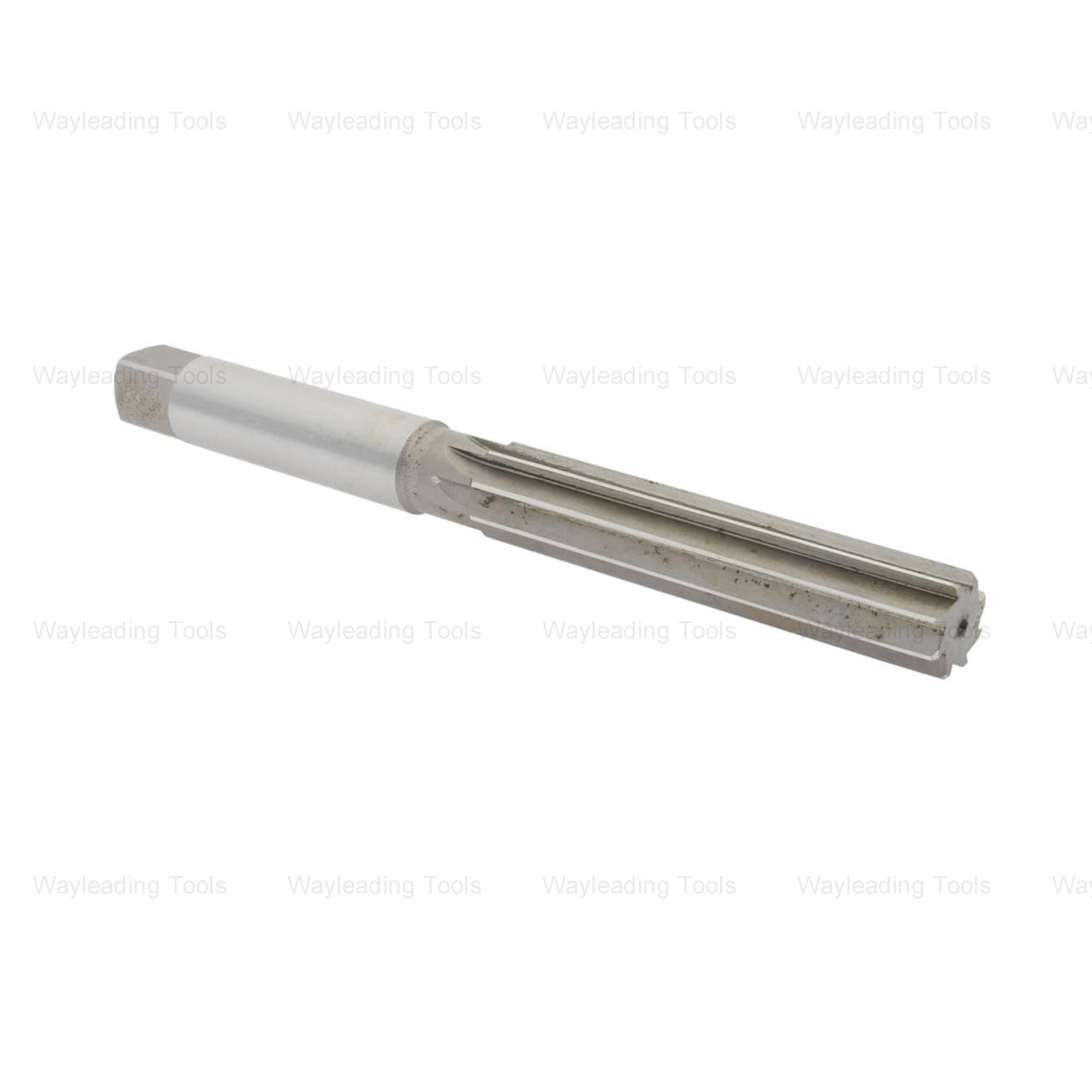 HSS Hand Reamers – Metric & Inch Sizes, Straight or Spiral Flutes
HSS Hand Reamers – Metric & Inch Sizes, Straight or Spiral Flutes -
 Precision V Block And Clamps Set With Customized Type
Precision V Block And Clamps Set With Customized Type -
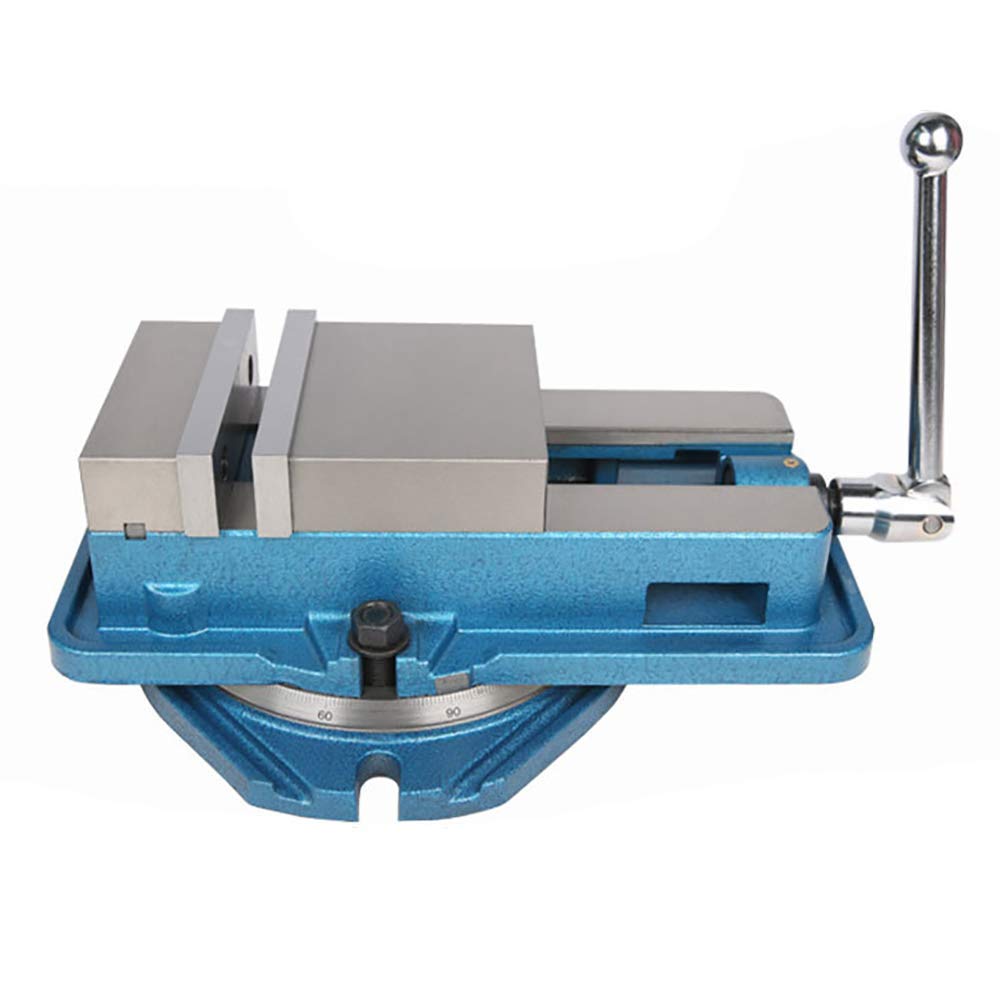 QM ACCU-Lock Precision Machine Vises With Swivel Base
QM ACCU-Lock Precision Machine Vises With Swivel Base -
 Type C Cylinder Ball Nose Tungsten Carbide Rotary Burr
Type C Cylinder Ball Nose Tungsten Carbide Rotary Burr -
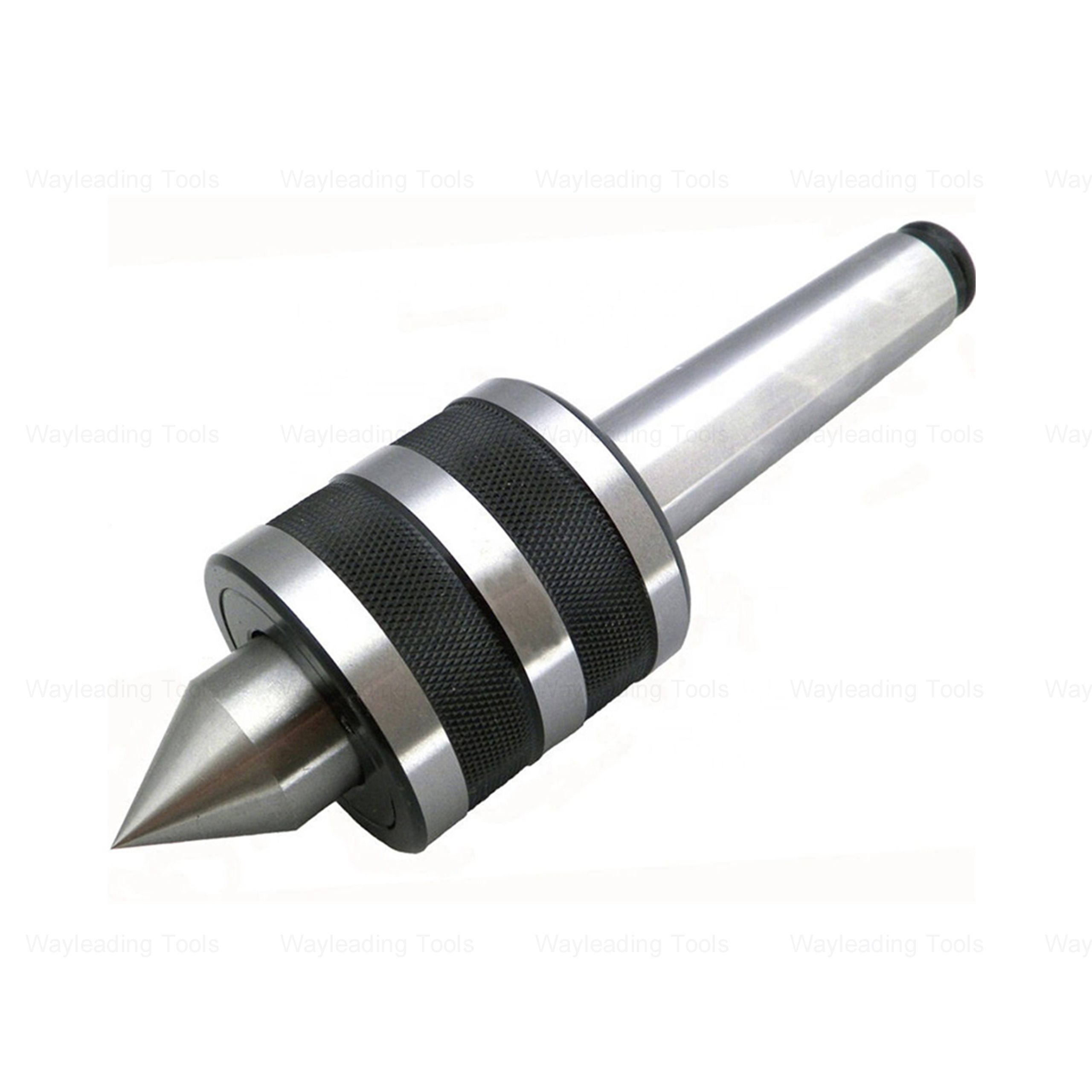 High Precision Medium-Duty Live Center – Hardened Tip, Morse Taper Shank
High Precision Medium-Duty Live Center – Hardened Tip, Morse Taper Shank -
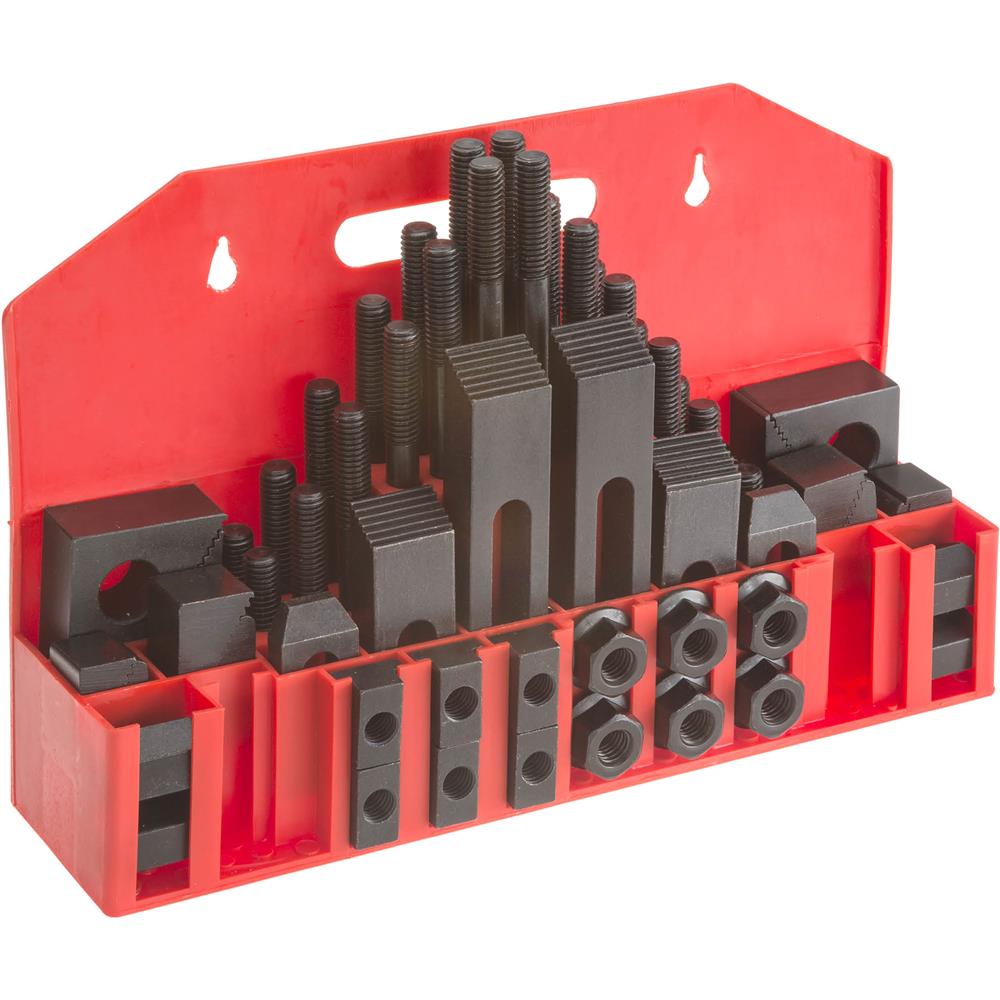 58pcs Clamping Kit With Metric & Inch Size
58pcs Clamping Kit With Metric & Inch Size -
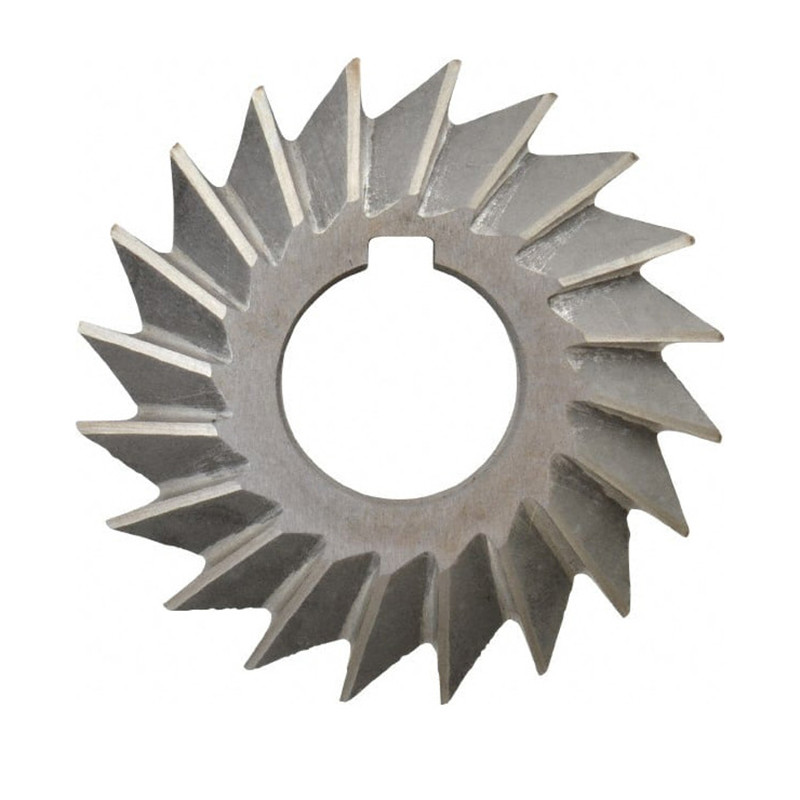 HSS Inch & Metric Single Angle Milling Cutter For Industrial With Bright Or TiN Coated
HSS Inch & Metric Single Angle Milling Cutter For Industrial With Bright Or TiN Coated -
 Precision IP67 Digital Caliper With Data Output For Industrial
Precision IP67 Digital Caliper With Data Output For Industrial -
 Stub Milling Machine Arbor With NT, R8 and MT Shank
Stub Milling Machine Arbor With NT, R8 and MT Shank -
 DIN6537L Metric Solid Carbide Twist Drill With Internal Coolant & External Coolant
DIN6537L Metric Solid Carbide Twist Drill With Internal Coolant & External Coolant -
 HSS Metric Plain Metal Slitting Saws For Industrial
HSS Metric Plain Metal Slitting Saws For Industrial -
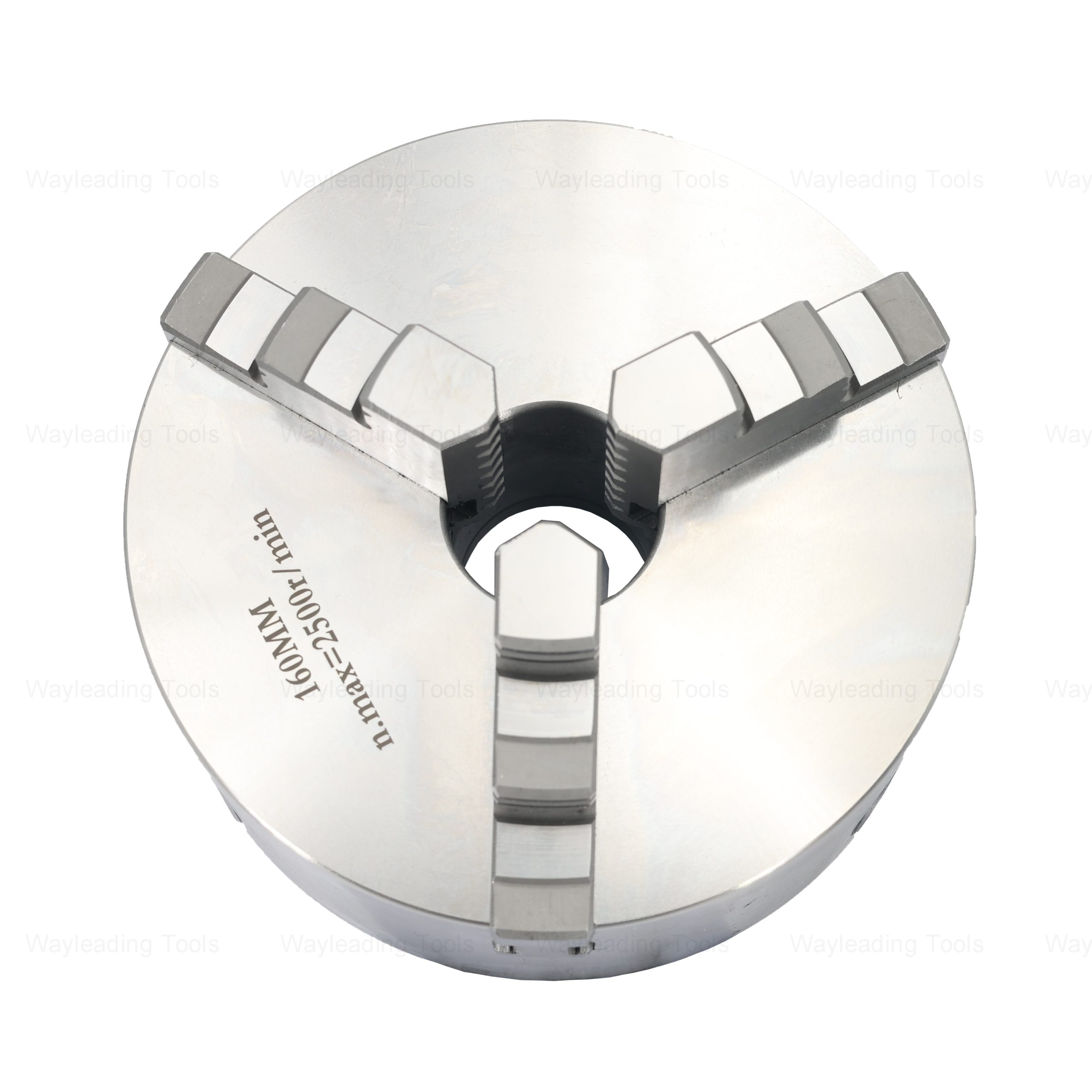 K11 Series 3-Jaw Self-Centering Lathe Chuck – Scroll Type, for Manual Lathes
K11 Series 3-Jaw Self-Centering Lathe Chuck – Scroll Type, for Manual Lathes





